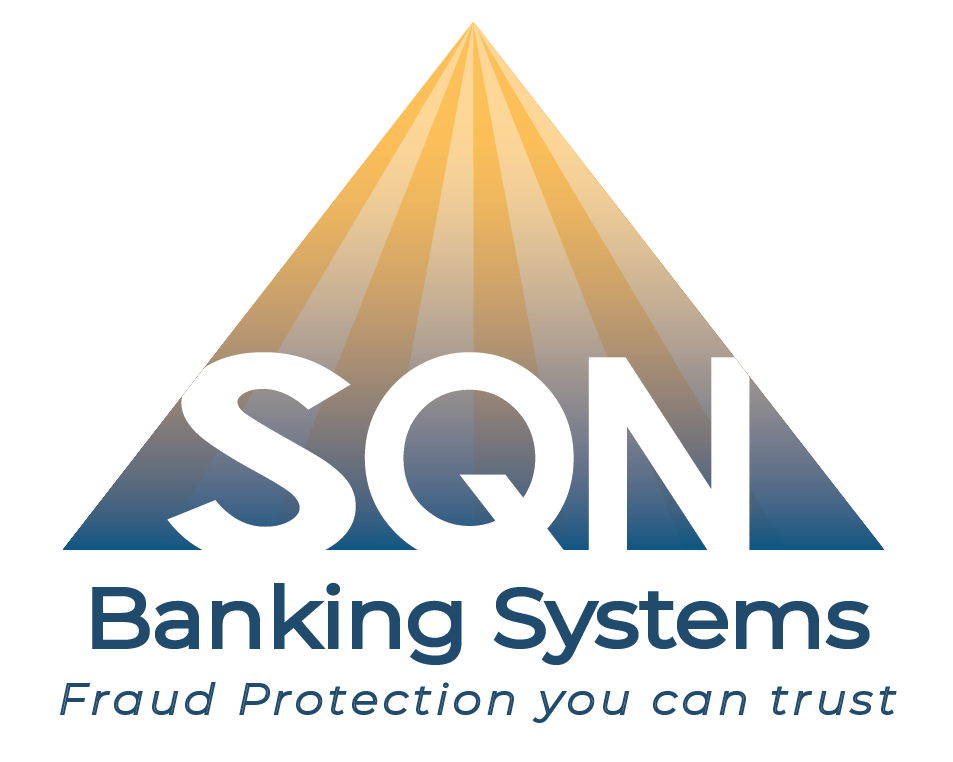How Does Fraud Increase During Recessions?

Many signs indicate that the world is heading toward a recession. Economists have varying opinions on the severity and timing of the recession, but the majority say that it’s coming. Rising inflation, falling stock prices, and reduced consumption all echo the idea that a recession is on the horizon.
All businesses need to prepare for the upcoming downturn, but financial institutions, in particular, need to think about how recessions affect bank fraud.
Why Does Fraud Increase During Recessions?
Historically, recessions have increased the rate of fraud. According to the Association of Certified Fraud Examiners, during the recession in 2009, over 55% of respondents said that they experienced more fraud over the last 12 months than usual.
Nearly half of the respondents said that the increase in fraud was due to increased financial pressure on people. There are three elements that shape the likelihood of fraud, and fraud specialists refer to them as the fraud triangle:
- Opportunity
- Motivation
- Rationalization
The motivation for fraud naturally increases during a recession. People lose their jobs or have their hours cut. At the same time, gas, groceries, and other essentials become more expensive, and loans become harder to obtain. The desperation motivates many people to turn to drastic measures which can include bank fraud.
In 2009, only 27% of respondents said that the increase in fraud was due to increased opportunity, and about 24% said it was due to increased rationalization. These opinions are largely subjective, but financial institutions need to note that motivation increases during a recession, and someone who’s motivated can easily rationalize their actions. So, you certainly don’t want to give them the opportunity to carry out fraud. Vigilance and preparation are critical if you want your financial institution to get through a recession relatively unscathed by fraud.
Types of Fraud Likely to Increase During a Recession
Fraud increased during the COVID pandemic. While some of that was due to increased motivation, a lot (if not the majority), was based on increased opportunity. As financial institutions scrambled to increase access to digital banking services, they weren’t always able to build in fraud prevention and detection tools. As a result, digital fraud, in a variety of formats, soared during the pandemic.
While that continues to be a risk, financial institutions should pay special attention to the types of fraud that are likely to increase when people feel broke, desperate, and motivated to commit fraud. Take a look at these recession-fueled fraud risks:
- Phishing for the vulnerable — When people are vulnerable, they often become more likely to become the victims of phishing attacks. Fraudsters are well aware of this fact, and they prey on the vulnerable. For instance, if a bad actor knows that someone is probably struggling to pay their mortgage, utility, or phone bill, they can send them a phishing email or text that says “Click this link to get a $200 credit on your phone bill”. When the person clicks the link, it downloads nefarious software to their computer. Then, the next time, they log into their bank account, the software steals the login details. Or perhaps when the victim clicks the link, they’re prompted to enter their Social Security Number or their bank account information. Then, the criminal uses these details to open accounts in the victim’s name or make purchases with their bank account. When people are vulnerable, they become more likely to fall for these types of scams.
- Money muling — In other cases, innocent people get sucked into perpetuating bank fraud for criminals. In this case, the criminal still leverages the victim’s vulnerability to convince them to take a certain action. But instead of duping the victim, the criminal gets the victim involved in the scam as a mule. The mule may deposit stolen funds or counterfeit money into their account and then send the funds to the criminal in exchange for a fee. Alternatively, the mule may open a new account for the criminal to use. Or they may take other actions as directed. Usually, criminals find mules by posting job ads online. The mule gets involved because they’re motivated, but they rationalize their behavior by convincing themselves that they aren’t hurting anyone or they aren’t really the ones committing the crime. In a lot of cases, mules may not even be aware that what they’re doing is wrong.
- First-party fraud — First-party fraud is when someone knowingly misrepresents something about themselves for financial gain. During a recession, this takes the form of loan fraud. To increase their chances of getting a loan, borrowers may lie on their applications. Often, the person carrying out first-party fraud convinces themselves that it’s just a white lie. After all, they think, I’ll pay the money back so it doesn’t matter. Of course, as you know, it does matter. When someone gets a loan that they wouldn’t ordinarily be able to get, they have a heightened rate of default, and if they stop making payments, your financial institution may end up bearing the losses.
- Friendly fraud/chargeback fraud — This is another type of fraud that may increase among your usually honest banking customers. With friendly fraud, a customer buys something. Then, they dispute the charge and claim that they didn’t make the purchase. If it works out, they get to keep the item without paying.
- Identity theft — Identity theft may also increase. Anyone who wants extra money can easily jump on the dark web, and once there, they can buy Social Security Numbers, bank account details, log-in information, and all kinds of other information to commit identity theft. Then, they can take over bank accounts, write bad checks, open new accounts, or commit all kinds of other crimes with the identity they’ve purchased.
As a potential recession looms closer, financial institutions need to prepare for the evolving threat landscape, and we can help. At SQN Banking Systems, we focus on bank fraud, and we can help you ensure that your organization is protected. When you contact us, we’ll start with a free fraud process review. Then, we’ll help you create a fraud detection and prevention plan that addresses your vulnerabilities in light of current and emergent threats.
